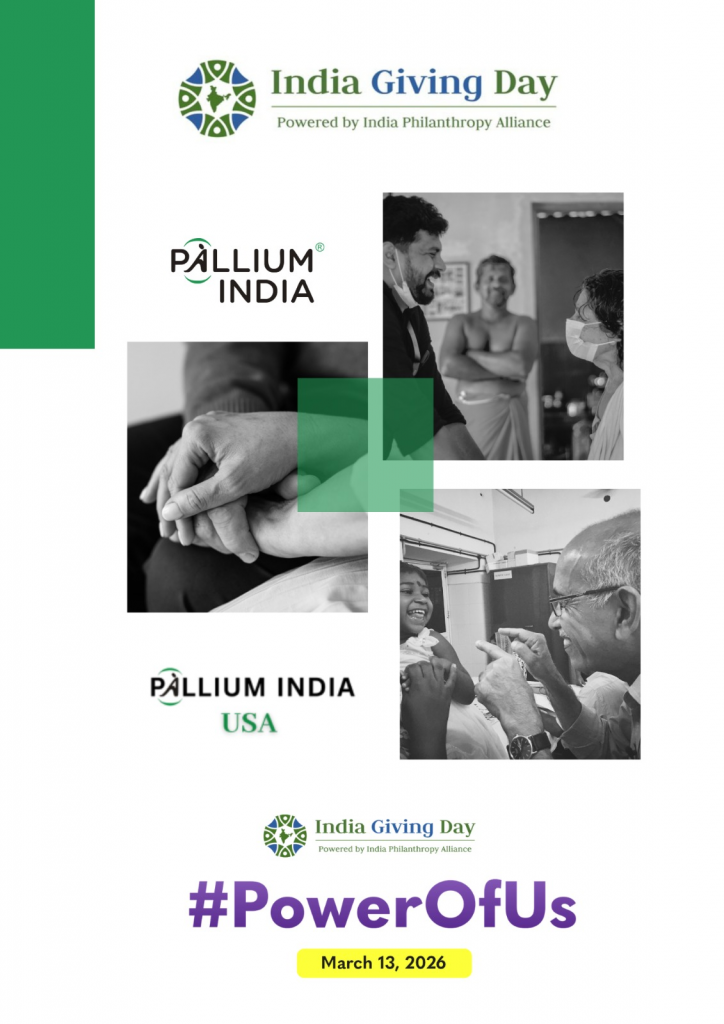The Kerala Way in Palliative Care Delivery
 Dr Richard Smith blogs on the BMJ website about issues relating to global access to palliative care.
Dr Richard Smith blogs on the BMJ website about issues relating to global access to palliative care.
What has been achieved in Kerala, he says, is a model for the rest of the world.
A way to provide palliative care globally
A palliative care service run entirely by health professionals is not only logistically impossible for most of the world but also undesirable, suggests WHO. Libby Sallnow, a research fellow from Edinburgh University, described the remarkable Neighbourhood Network in Palliative Care in Kerala, which is based on the concept that “chronic and incurable diseases are social problems with medical complications.”
[…] Kerala seems to have overtaken Britain with both access and provision of meaningful care, and its model is beginning to spread. […] Bangladesh, which at the moment has no palliative care services, hopes to learn from Kerala.
[…] The Kerala model does provide a feasible way of achieving Murray’s vision of palliative care covering “all patients, all diseases, all nations, all settings, and all dimensions.” It’s hard to see how it will be achieved in another way.
What a huge responsibility!
Palliative care activists in Kerala now have to work hard to keep up the reputation – to make sure that palliative care maintains a minimum quality and that it reaches patients early.







We are working hard in close co operation with members of LSGI’s to those who are in need of palliative care. Our greatest to challenge is to get dedicate volunteers who may be willing to take up the role of care givers without which 24- hr can be provided. We are appealing to govt both state and central to include palliative care under NREGA ( National Rural Employment Generation Act ) so the trained volunteers can be given some basic financial support.